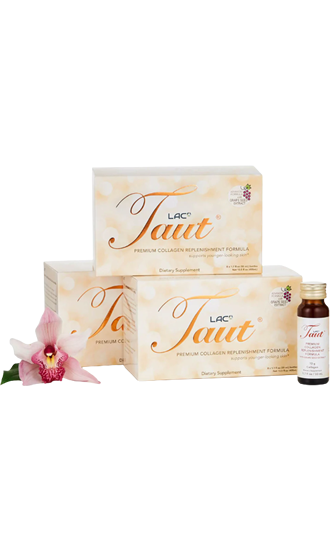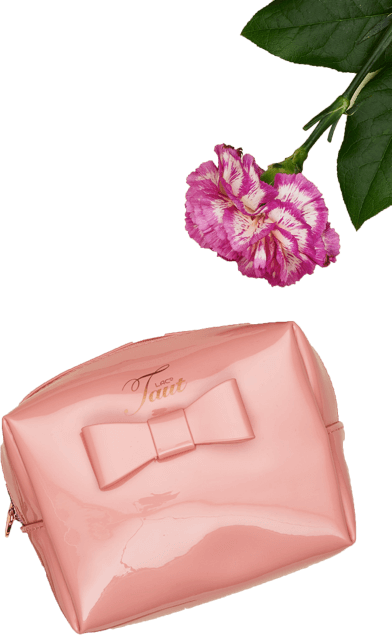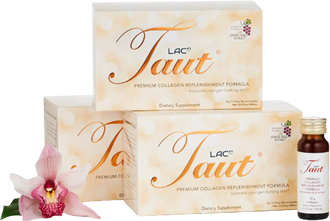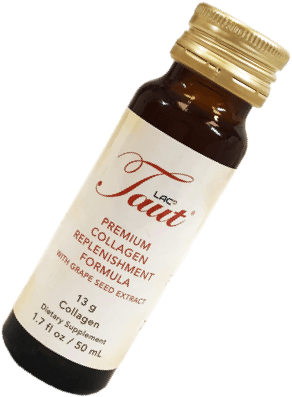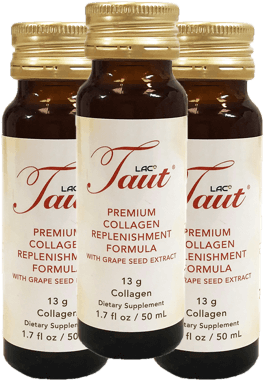Reverse Thinning Hair - 5 Ways To Thicken Your Hair Naturally
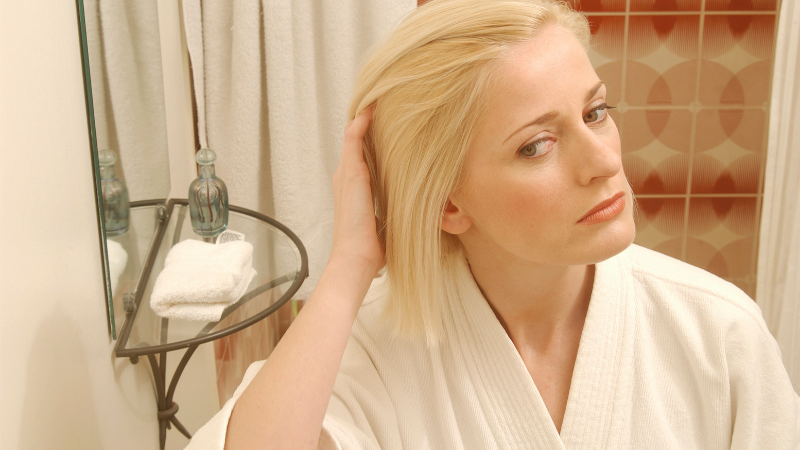
If you’re longing for thick, lush hair or worried about thinning hair as you age, you’ve probably tried a thickening shampoo. But many times, these types of shampoos only help make your hair thicker temporarily, all the while accumulating buildup that clogs your scalp and creates more long-term damage. For this reason, thickening hair shampoos may not be your best bet.
So what is a good hair loss cure? We dived in and conducted some extensive research to find the best hair loss treatments as well as some of popular tricks actually help thicken hair and also promote hair growth. Read on for an extensive look at how to reverse thinning hair and get thicker, healthy hair and nails.
First: What Is Hair Made Of?
Hair is made of a protein known as keratin. Keratin is also what forms nails and the outer layer of human skin.
Hair follicles are what regulate hair growth. They are essentially sacs that surround the root of the hair. Sebaceous glands (that produce oil) are attached at the very top of the hair follicle. Hair follicles are found in the dermal layer of the skin, and are made up of 20 cells that perform different functions. The hair bulbs at the base of the hair follicle are where hair cells grow and divide and cause hair growth. Hair cells are nourished by blood vessels and regulated by hormones that determine hair structure during various periods of a person’s life – for example, thick hair in one’s youth and thinning hair as one ages.
More helpful reading: Collagen for hair
What Can Cause Your Hair To Thin?
There are quite a few reasons your hair might thin. It most often happens as we age and typically affects men at much higher levels than women. (Male-pattern baldness is usually depicted by a receding hairline and complete hair loss at the crown. Hair loss in women usually consists of hair that thins out while the hairline retains its shape.) If you start to experience thinning hair or hair loss, you should be glad to know female hair loss is rated one of the most common concerns for women, and that you are not alone.
The average person usually loses about 100 strands of hair every day (shocking, but totally normal!). But don’t worry: new hair is growing at the same time. This type of hair loss also does not actually cause thinning or bald spots. Here are some of the most common reasons for actual hair loss or hair thinning:
More helpful reading: How to treat dry scalp
Clogged Hair Follicles
Mayo clinics suggest clogged scalp is often the first reason for thinning hair and hair loss. Reason is because dandruff and sebum (oil) buildup can clog your scalp, and results in hair loss. “When it’s clogged, the follicle shrinks and therefore the number of hairs growing from it are reduced,” David Adams, a salon owner and stylist told Self.com. A thorough scalp exfoliation can address this problem.
More helpful reading: is sweat good for your skin
Dandruff and Contact Dermatitis
Irritated scalp or the scientific term Contact Dermatitis is also one of the reason for hair loss. Dandruff can also lead to thinning hair as the dandruff clog healthy hair follicles.
Dandruff can be caused by irritated, oily skin, contact dermatitis from exposure to certain hair products, a yeastlike fungus and not shampooing your hair often enough. When your scalp is irritated and you scratch at it too much, this can also result in hair loss, according to Francesa Fusco, M.D., as told to Self.com. Luckily, hair loss caused by dandruff is easy to cure with shampoos that contain zinc pyrithione.
More helpful reading: Does collagen help hair growth
Aging and hormones
As we age, hair follicles shrink, resulting in hair loss. Just as how your skin can become wrinkled through loss of collagen, so can hair be affected through the simple and natural process of aging. Hormones are also a major factor that can contribute to hair loss according to trichologist Anabel Kingsley, as told to Cosmopolitan.com: "Hormones play a huge role in regulating the hair growth cycle. Estrogens (female hormones) are 'hair friendly' and help to keep hairs in their growth phase for the optimal length of time. Androgens (male hormones) are not very hair friendly, and can shorten the hair growth cycle." Excess androgens, thus, can cause hair loss in women.
Hormonal hair loss affect both men and women. It can happen before menopause and long after menopause.
More helpful reading: Natural remedies for menopause
Malnutrition
There is a direct relationship between diet and hair loss. Healthy diet is healthy living and best to promote youthful skin and body. So it should not come as a surprise that not getting the proper vitamins your body needs can result in hair loss. Iron and vitamin B12 deficiency can definitely cause your hair to thin out and fall out. "Vitamin B12 deficiency often causes hair loss as it can affect the health of red blood cells, which carry oxygen to your tissues," Anabel Kingsley, a leading trichologist at the Philip Kingsley Clinic, told Cosmopolitan.com. She added, “One of the most common causes of hair loss in women is an iron deficiency. Iron is essential for producing hair cell protein."
It is not uncommon to witness hair loss when one is on diet. If you start to experience hair loss while experiencing weight loss, start taking vitamins for hair to give your hair the needed nutrients and the extra boost.
Chemical processing
Does hair dye cause hair loss? Unfortunately Dr Bethanee Schlosser, M.D says YES!
Hair color, perming and chemical straightening, like a Brazilian blowout, can all affect hair growth (or lack thereof). Chemical processes cause hair loss by weakening and damaging the hair follicle. "After repeated insults, the hair follicles just won't grow back," Bethanee Schlosser, M.D., told Self.com. Even heat styling and always wearing tight ponytails or buns can pull your hair and put stress on hair that results in hair loss.
How to Thicken Hair Naturally
Of course a hair specialist’s intervention can help with hair loss, but you don’t have to rush to a doctor’s office as soon as you notice your hair is thinning or falling out. There are many methods of natural treatment that can address your hair loss concerns. Let’s explore best treatment options in-depth below:
Use a boar brush
A boar brush, is unlike any ordinary scalp brush. Like the name suggests, it features boar bristles. It is known for making hair look incredibly healthy and shiny. A boar brush can assist with scalp exfoliation to unclog a scalp that is congested with dandruff and excess sebum. It also stimulates the scalp and encourages blood flow to the area, which is critical for promoting hair cells to activate hair growth and to stop further hair loss.
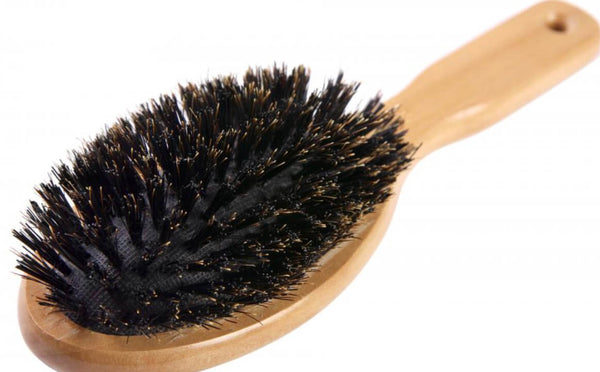
Using a boar bristle brush will also help coat your hair with its natural oils to make it shinier. Francesca Fusco, M.D. told Allure.com, “Brushing your hair with the proper brush is a healthy thing to do for your hair. It stimulates circulation and distributes sebum along hair shaft so hair looks shiny and luminous.” Brushing your scalp regularly with a good quality boar bush is one of the cheapest and simplest scalp treatment you can do to reverse hair loss.
Rinse with beer
Beer for hair? Raising your hair with beer is probably the last thing that would ever come to mind. But there are merits to this unusual beauty secret from Eastern Europe.
Beer contains a mineral called silica, which is often also used as a hair and nail supplement. "Because beer is rich in proteins and vitamins, through the natural barley and hops, it does contain nutrients for helping to develop healthy hair,” Ryan Welter, M.D., told FoxNews.com. Beer also helps to cleanse the scalp overall to prevent clogging.
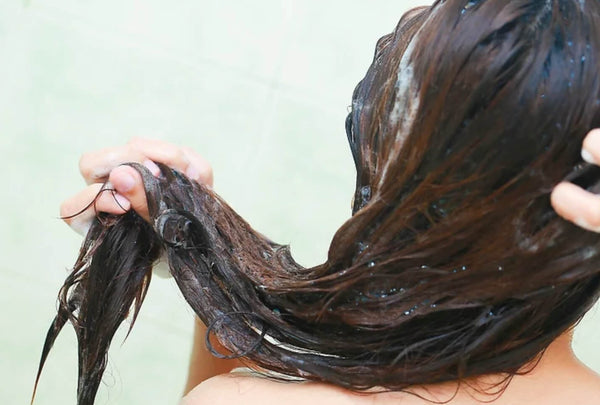
Wikihow shows us how to rinse hair for best results. Apply beer to your hair after shampooing, message scalp for one minute. Then rinse with water but not to rinse the beer completely off. Best to repeat this no more than few times a week.
Use colloidal oatmeal
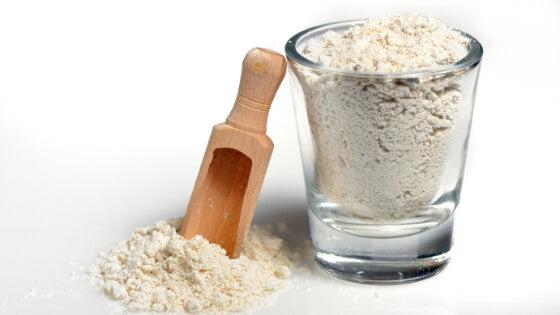
Colloidal oatmeal is simply oatmeal that has been ground and boiled. It is often used to treat dry, itchy skin and conditions like eczema because of its anti-inflammatory properties. Oatmeal for hair has also grown in popularity as a hair conditioner. Oatmeal benefits for hair include Its anti-inflammatory benefits that can help with reducing irritation and contact dermatitis of the scalp, which can often hinder hair growth. Also: "It functions as a moisturizer that helps keep the hair shaft smooth and shiny, and it can help minimize an oily scalp," Kristina Goldenberg, M.D., told Shape.com.
Nourish Your Hair with Nutrients
According to American Hair Loss Association, the right nutrients can revolutionize your thinning hair. Some important vitamins for hair growth are as follows:
Zinc – Zinc is important for all tissue growth. A zinc deficiency can result in hair loss.
Iron – As previously stated, iron deficiency can cause hair loss, because iron helps red blood cells carry oxygen to hair cells.
Biotin – Biotin is one of the top hair loss supplements. It works by improving the keratin support system in your body.
Vitamin A, E – Vitamin A is needed for all cell growth including hair cells since hair is the fastest growing tissue in the body. Vitamin E is an antioxidant that can prevent hair cell damage, which would hinder hair growth if left unchecked.
Vitamin C – Vitamin C also works as an antioxidant to neutralize free radical damage and encourage hair growth.
Omega 3 fatty acids – Fatty acids commonly found in fish like salmon can encourage hair growth. One study found that supplementing with fish oil increased hair growth in women with thinning hair.
Antioxidants – Antioxidants like vitamins C and E help hair growth by scavenging free radicals, which are unstable atoms that cause damage to cells throughout the body. They can also damage hair cells and ultimately result in hair loss.
Food for hair loss are rich in vitamins and minerals. Here are some foods that can help thicken hair naturally. Remember: you are what you eat and this is reflected in your hair, skin and nails.
Eggs – Eggs are a great source of biotin and protein. Since hair is made almost entirely of protein, getting enough is crucial for healthy hair growth.
Berries – Berries are high in vitamin C and antioxidants, both of which help prevent oxidative stress to keep free radical damage at bay. This ensures hair remains healthy and strong.
Spinach – Spinach is an excellent source of iron and vitamin A, and deficiencies of both can result in hair loss.
Fatty fish – Salmon, herring and mackerel are all fatty fish high in omega-3 fatty acids, which are nutrients that can naturally thicken thinning hair.
Avocados – Avocados are a great source of healthy fats and vitamin E. Vitamin E, as previously stated, can prevent hair damage and loss by neutralizing free radicals.
Flax seeds and chia seeds – These seeds are high in omega-3s and B vitamins. B-vitamins help create the red blood cells responsible for carrying oxygen and nutrients to the scalp and hair cells.
Oysters – A rich source of zinc, oysters can help keep hair strong and thick.
Beans – Beans are a great source of zinc, iron, biotin and folate. Folate is a type of B vitamin that is responsible for healthy cell growth in general, whether that’s in your hair or other parts of your body. It also helps keep red blood cells healthy.
Supplement with Collagen
Studies have shown that there is a relationship between collagen and hair loss. Hence another thing you can do to increase hair volume and thicken hair density is to supplement with a premium liquid collagen that's drinkable. Collagen is the most abundant protein in the entire body (hair is mostly made of protein). It’s what keeps skin firm, elastic and young-looking.
Collagen decreases throughout the body as we age, hence the need for supplementation. But even if you’re young, you can benefit from collagen supplementation to prevent problems with skin and hair in the future.
The amino acids found in collagen can potentially help build up the keratin that composes hair, thus causing hair to thicken. Collagen for hair loss can even act as an antioxidant to keep hair free of free radical damage. In fact, one study concluded that marine collagen was able to fight up to four different types of free radicals.
Marine collagen also happens to be the kind of collagen found in Taut’s Premium Collagen Advanced Formula. This collagen drink contains high concentration of 13000mg marine collagen peptides, and with vitamins C and B and grape seed, extract, hyaluronic acid and elastin.
Vitamins C and B have already been established as vitamins that are imperative for healthy hair, ensuring growth as well as thickness. Grape seed extract is an antioxidant that, along with so many of the other nutrients so far explored in this piece, can help fight free radical damage to prevent hair loss and thinning. By the way, this supplemental drink can also help fight against wrinkles and other signs of aging in the skin.
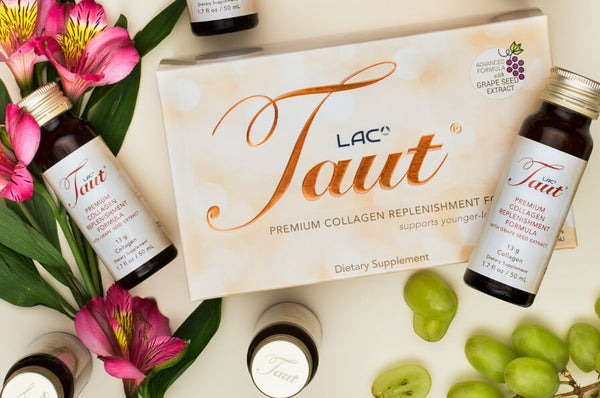
More helpful reading:
https://www.renewskinco.com/blogs/i/how-long-does-it-take-for-collagen-supplements-to-work
Here’s what some satisfied Taut customers had to say about the supplement drink:
“I work in the aesthetic industry and this is something I tell all of my clients about!” – Kathy B.
“Excellent product. I use everyday. My skin has a glow and nails and hair are growing. My hair is thicker too. Luv this collagen.” – Elaine B.
“It not only helped my skin —my hair is healthier and thicker. I also think it tastes great!” – Audrey H.
If your hair is falling out, remember there are many ways to get it to “fall into place” again, so to speak. Follow our tips, healthy eating and enjoy shiny, full tresses!

